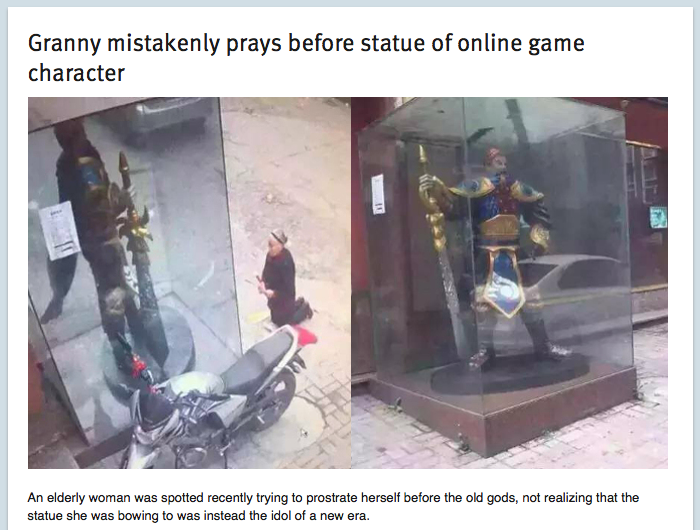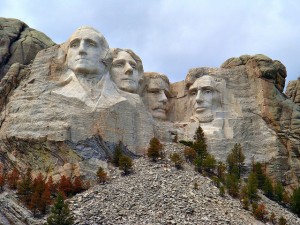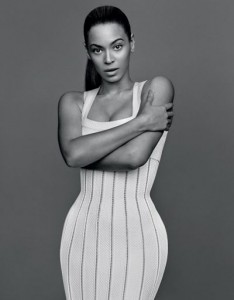When an elderly woman was videoed by a security camera bowing and making offerings before a statue, viewers interpreted the actions in different ways. Suggesting that the statue was not a shrine to Guan Yu (a general who became recognized as the God of War for many in China) but a figure from a video game, some have laughed at the elderly woman’s mistake, while others have expressed sympathy or wondered if the divine would respond to a prayer presented sincerely before the “wrong” statue.
Mound Rushmore
Have you ever wondered how mountains are made? Sure everyone has probably thought about how tectonic plates pushed together to form mountain ranges, but what’s the difference between a hill and a mountain? One is taller, but the line has to be drawn somewhere. Is Mount Rushmore a “real” mountain, or is it just a mound? Perhaps our classification system is flawed.
Just Another Beyoncé Discussion
The “News” Askew

Yesterday afternoon, a swarm of protestors marched to the steps of the United States capitol to protest the undue influence of money in politics and corporate lobbying. The group peacefully approached the capitol building, and many were quickly arrested, including a journalist for the popular show “The Young Turks”. There were many reactions on social media, some considering that this could be the beginning of the next “Occupy Wall Street” movement. The revolution that Bernie Sanders has encouraged during his campaign seemed to be percolating. No matter what your politics are, in the United States, it was the most interesting story of the day.
A Tired Old Joke
In TV, the same jokes have a habit of popping up over and over again in different shows. Someone falls in love with their work partner. Someone has two dates to the same event. Everyone’s family is dysfunctional. They’re tiring, boring plots that we’ve seen several times before on several different shows.
New Girl recently employed what I find to be the most frustrating and un-funny recurring joke: white guy picks up the wrong non-white woman.
On Belief and Beyoncé
In their most recent April edition, Elle magazine published a rare gem: a full interview with Beyoncé. While she is never far from sight, some have noted that Beyoncé has retreated from the public eye in the past few years, declining interviews in favor of more carefully cultivated portrait’s of the artist’s interior life. When she released the video single for ‘Formation’ earlier this year–proudly parading her personal roots and featuring her baby daughter–many fans were jazzed with what appeared to be a peek into the privatized, “authentic” blackness of Beyoncé. But if the song seems to revolve around embracing authentic individual identity, why, then, do many Americans find Beyoncé’s pro-black anthem a political and public threat? What is it about this new iteration of Beyoncé that the public finds so jarring, when this is far from the first time she has called for critical engagement with the way our nation talks about gender, race, and police brutality?


